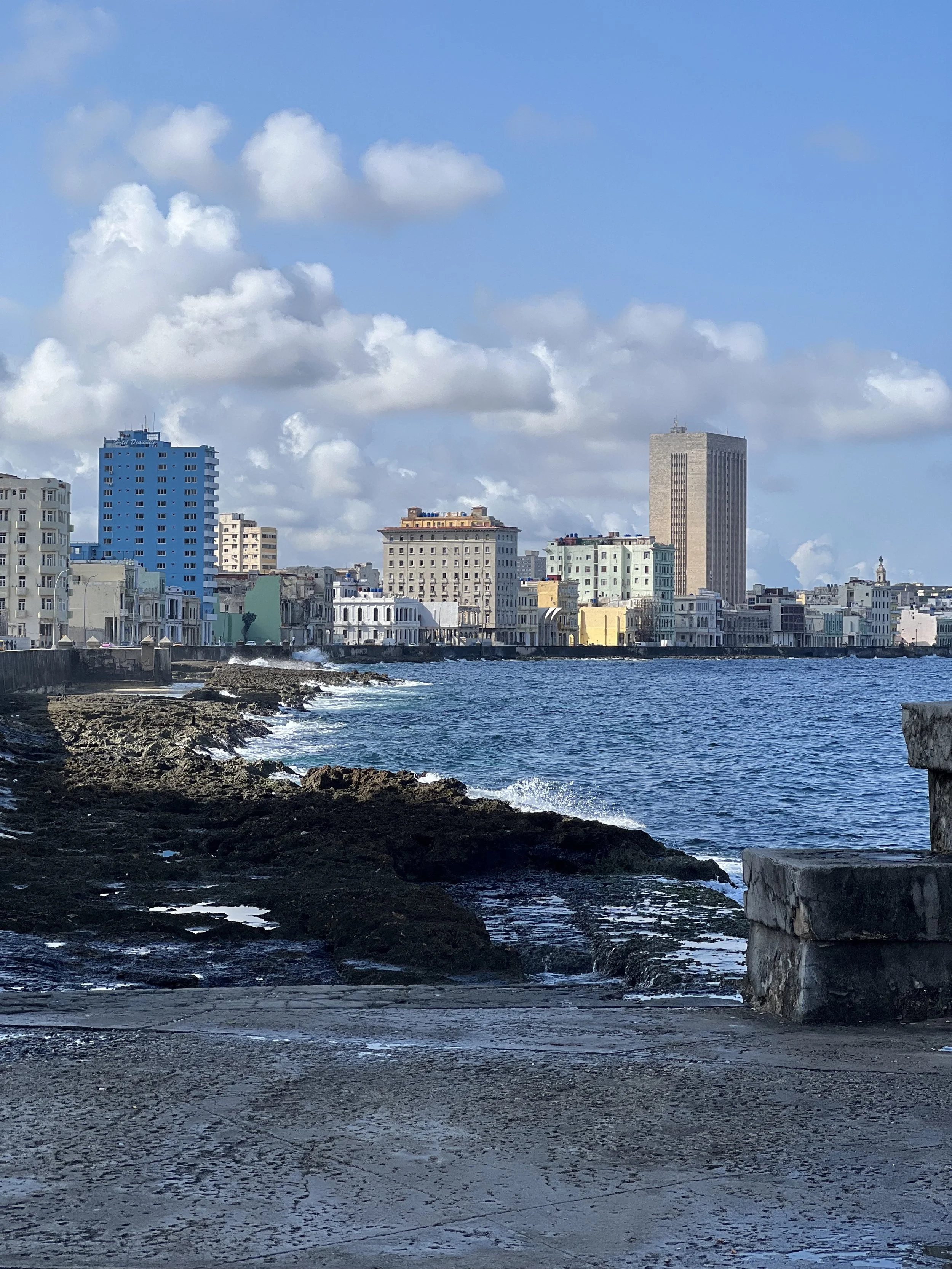Your Most Curious Year Yet
Curiosity opens doors like no other communication tool. It creates space to learn, to engage in questions that interest you, to keep defensiveness at bay, and to become empowered by the information that results from the curiosity-induced interaction. So why don’t we lead with curiosity all the time? What makes it so hard to stay in that zone of genuine curiosity?
A recent trip reminded me of what makes the admittedly rigorous effort to stay curious, worth it. Nine days in Cuba. A random set of circumstances ultimately led us there – intentional ones like anchoring on Spanish-speaking destinations to keep improving my language skills, coupled with mundane ones like flight schedules and ease of time zones. Visiting a new country, I imagine most people try to keep an open mind. But somehow this was different: the adventure of travel without common conveniences (think: no promise of reliable internet and only cash transactions) unearthed an uncomfortable excitement. Even more so, was the political intrigue. Going into this trip I was acutely aware (if not sort of embarrassed) that my knowledge of Cuba was extremely limited. I had only the roughest contours – Castro, communism – along with a limited smattering of plots on history’s timeline: Bay of Pigs, Cuban Missile Crisis, Elian Gonzalez.
I wouldn’t say I subscribe to an “ignorance is bliss” philosophy of life, but in this instance, my lack of knowledge was the perfect, blank slate for genuine curiosity. Still, in order to ask meaningful questions and to engage thoughtfully, it was time to get up to speed. I bought Ada Ferrer’s exceptional book Cuba: An American History and pored through her 500 pages of small print that laid out a fact-based history so fascinating that it read like a page-turner novel. I now had the background I needed, and remarkably, a judgment-free mindset. I didn’t know what the people on the ground were going to think or feel or say. I didn’t assume any answers ahead of time. I just started asking questions.
I asked questions in every scenario that felt respectful: the taxi driver, the waiter, the tour guide, the bartender, another taxi driver, the shop owner, the museum store cashier, the vintage car mechanic, the musician playing on the street, the young people, the old people, the barber who trimmed my husband’s beard. In every instance, my questions were met with warmth, with honesty, with gloves off. I learned about the person whose grandmother had emigrated from Jamaica to Cuba with no education, who received a house as a result of Castro’s agrarian reform. I learned about the person who escaped Castro’s boarding school program in order to stay home with his parents. I learned about the food rations from a 4-month pregnant architect who described how Castro’s policies nearly decimated her middle class family. I learned that some people had a lot of hope for the future; and I learned that a lot of people did not.
Towards the tail end of the trip, I started to form some opinions, and to have a sense of what folks might share. But still the lawyer in me had no trouble keeping the leading questions at bay. My curiosity held strong even as the plane wheels touched back down in Miami.
Settling back into life, I reflected on my past year of coaching, and was struck by the number of sessions that revolved around false assumptions that people make. These assumptions are almost never nefariously derived; instead they emerge from jam-packed calendars, robust armor of self-protection, personal blinders, and the totally human fear of asking a question without knowing what the response might be. All of these barriers guard against the explorative conversations that lead to more alignment, more shared understanding, more empathy, more trust, and ultimately, more successful leadership.
There’s a beautiful thing about the first day at a new job. New relationships, new procedures, new systems, new swag, and no assumptions. You can go into meetings genuinely curious about what you’ll learn, who you’ll meet, and what they’ll offer. Not everyday is a new day of course, and forming opinions is inevitable. Still, the opportunity to stay curious, to be open, remains. We’ve made it to February (congrats on surviving all 49 days of January!). As you continue to set the tone for your leadership this year, I hope you’ll challenge yourself to make this year your most curious year yet.



